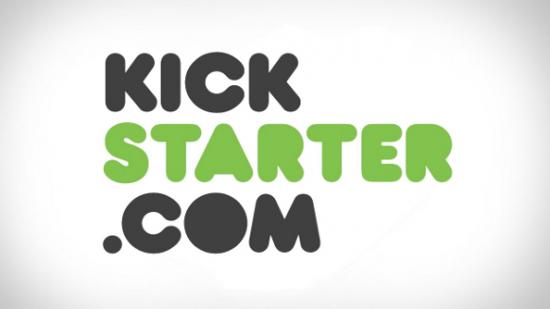At Home of Wargamers, the wargame publisher Slitherine Group’s annual preview event, CEO JD McNeil stood behind a lectern to give his view on the past and present of Slitherine and its developers. It’s hard to talk about PC gaming without at least touching on crowd-funding. And touch on it he did.
“It’s a never-ending cycle of dependency,” McNeil said. It’s one of the more damning statements made about what has rapidly become one of the most dominant models in PC gaming; so it was the first thing I wanted to discuss when I interviewed McNeil the next day.
“Kickstarter’s been used for a number of reasons nowadays. Some people have used it for funding; some people are not using it for funding at all,” McNeil tells me. “It’s almost being used as a promotional tool. And I get that. It can be a very successful promotional tool. But when it’s been used as a funding agent, there are two sides at risk here. The developers are at risk and the funders are at risk.”
With over a 120 developers under Slitherine’s wing, McNeil naturally starts with them. “They get this money, with no real concept of how or when it can be used, and when this game is going to finish. Developers are notoriously bad at completion. They have a sum of money, they get so far in… we’re starting to see trickles of this starting to happen now: what do they do when that money runs out and the game’s not finished? You get this cycle of stretch goals.”
McNeil believes that the issues don’t stop when the Kickstarter’s over, and that even if a project is successfully funded and the game is completed, the developers remain dependent on Kickstarter.
“Even if it’s a successful Kickstarter and they’ve used the money properly, what happens at that point? They’ve been working for a year, 18 months, and that money’s now burned, it’s gone. They’ve lived on it for 18 months and the game’s out there.”
McNeil says that the chances of a developer getting enough money from new sales – since backers funded it during the development process and won’t generate more income for the devs – to invest it in another project are “slim to non-existent”.
“Yes there are some that will do it,” he says. “But there are going to be many more that don’t work that way. We see this in a similar way with the developers we support. It often takes more than one game, it’s more likely to take more than one game for them to become self-sufficient.”
It’s not the solution to the problems with the traditional publisher developer relationship, McNeil thinks. “We don’t see the Kickstarter as the answer to our maiden’s prayer. We’re not very much further forward than we were in the days when a publishing partner gave them the money upfront in advance.”
Keep an eye out for the full interview where we chat about Steam, the disparity between wargamers and other PC gamers and the possible future of the genre.
